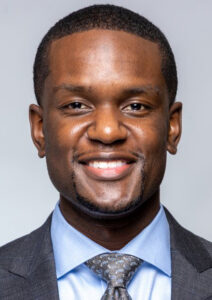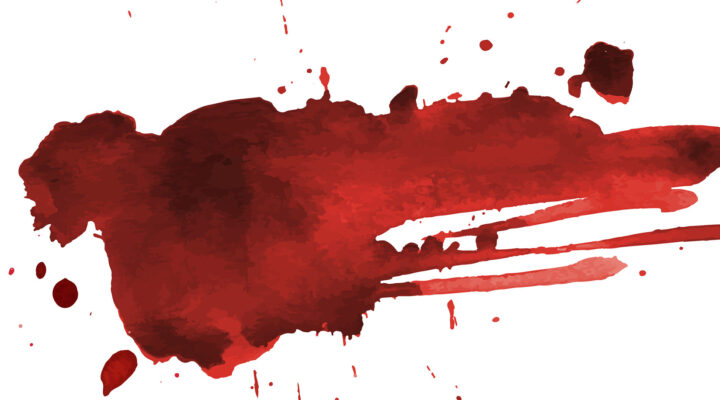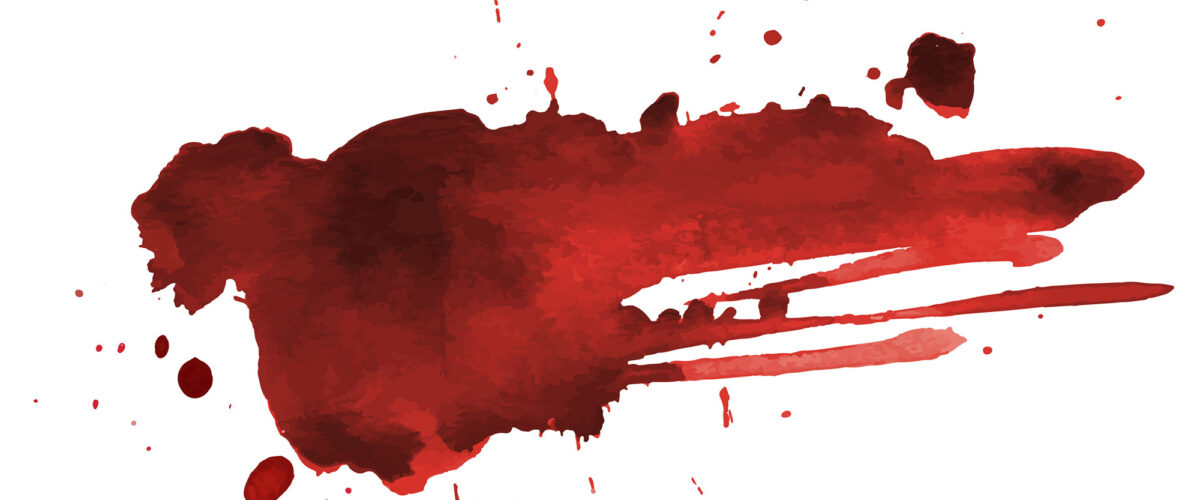“The language of white supremacy is a language of cowardice disguised as dominance.” — Toni Morrison
Deep grief and rage rest upon the heart and soul as we continue to call the names of Black and brown bodies taken, stolen. Black folks and elders grocery shopping, Taiwanese Americans in worship, and children and teachers at school.
There is no free, safe or secure space in America and certainly not for the Negro. We are witnessing the cowardice of white hegemony and imperialism’s human and spiritual indoctrination quipped with evil and hate, a damning truth to a nation insistent on “trying to act like she (America) is god and she is supreme” as Jeremiah A. Wright Jr. foretold us.

Jamar A. Boyd II
The truth is blood yet covers the hands of America and all complicit actors.
While in Buffalo, N.Y., observing, engaging and conversing with residents, organizers and pastors, the evidence was undeniable. The Main Street divide, disparaging poverty, ravaging despair, food desert all on the East Side and Black folks left to grapple with an act of domestic terrorism and compacted communal trauma.
The words of a parishioner from Calvary Baptist Church, led by Corey Gibson, summarized it best: “Pastor, we don’t need food. We need infrastructure.” Being on the ground in Buffalo allowed me to see the work of Denise Waldron supported by Cassandra Gould with VOICE Buffalo, and local pastors Julian Cook, Corey Gibson and Paul Thomas as they earnestly engaged both theological and social ramifications of death, terror and trauma. Yet, their labor is seemingly a mere effort to peel back damaged tissue from the minds, bodies and spirits exasperated by the American project.
The United States’ fascination, like that of all empires, with death and martyrdom is not new to the oppressed. Instead, it is an expected or seemingly anticipated way of life. Normalized internally, expected generationally and rationalized spiritually, yet all is an indictment of Western imperialism and the wretched conceptualization of white Christian nationalism and the direct consequence of a nation’s allegiance to creating a society of war and a culture of violence.
“The United States’ fascination, like that of all empires, with death and martyrdom is not new to the oppressed.”
As Iva E. Carruthers, general secretary of the Samuel DeWitt Proctor Conference Inc. stated, “The horrific mass shootings in Buffalo, N.Y., Laguna Woods, Calif., and Uvalde, Texas, are a further indication of America’s willingness to protect white supremacy, regardless of the cost to others.” Therefore, the question must be asked, as posed by Sen. Chris Murphy to the Senate but I raise it to the broader collective, “What are we doing?”
Consider the reality before us. Victims in Buffalo are still being funeralized and buried, families are forced to endure unnecessary grief and trauma, witnesses and survivors are forever scarred, a community is upended and dismembered by white supremacy, and Black children are left to weigh the internal compacted realities of death and terror. Now, 19 students and two teachers are dead in Uvalde, Texas.
America clearly worships death and martyrdom, discarding its claim of uplifting the “sanctify of life.”
J. Kameron Carter seemingly exclaims my internal disdain for the rush of statements replete with performative jargon, yet absent of righteous action and communal transformation for tangible collective freedom: “No more prayers. That’s just an alibi to keep things the same. No more prayers.”
Performative Christianity and conjecture remain insufficient when genocide is the preferred ethos and methodology of a nation. Blood seeps from Buffalo to Uvalde as it does from Detroit to Chicago to Palestine to intercontinental atrocities, yet we carry on absolving ourselves of the work to upend the world before us.
“Performative Christianity and conjecture remain insufficient when genocide is the preferred ethos and methodology of a nation.”
We are left to wrestle with theological, anthropological, sociological queries as we try to rationalize the possibility of such acts redirecting attention to divinity or points of spiritual engagement. Questions like, is it incumbent upon God to interrupt what’s capable of being ceased by humanity? Do we place too much reliability and responsibility on God?
Inquiring upon the presence, interruption and interference of God is essential. And still there’s enough proof to say, “God does come and even changes God’s own mind toward humanity for the good and bad.” Therein turn, could it more oft than not that we perceive God’s “grace” as God’s absolving humanity of responsibility to correct or confront evil at the human level?
At some point human responsibility and breach of the social contract must be confronted. Arguably, we’re witnessing humanity’s passivity and apathy toward envisioning a new world. We are a people complacent with being American and a society existing as we’ve known it absent of abolition and destruction. Such absence cannot remain, not solely for us but the world.
These words from Joshua L. Lazard globalize the terror and trauma we bear: “Be reminded, it ain’t just us here in the United States facing oppressive conditions. The Uyghurs in China, the families living in Rio de Janeiro’s favelas, the families of the disappeared in Mexico, the Palestinians living on the West Bank … the list goes on. We can’t just ask, ‘Why did God allow this to happen to me?’ without aligning ourselves with the entirety of the world’s humanity who suffer.”
At some point, hell has to cease on earth and the bloodshed of the world’s empires shall stir our anger, rage and discontent.
Jamar A. Boyd II serves the Samuel DeWitt Proctor Conference as senior manager of organizational impact. He earned a bachelor of science degree in sport management and business from Georgia Southern University and a master of divinity degree from The Samuel DeWitt Proctor School of Theology at Virginia Union University. He is the former justice reform organizer at the Virginia Interfaith Center for Public Policy. He also serves as the graduate fellow for the Samuel DeWitt Proctor School of Theology.
Related articles:
White supremacy and firearm idolatry: America’s Baal | Opinion by Bill Leonard
Rights, responsibilities and the two-fold commandment of love: A reflection on gun violence in America | Opinion by Greg Garrett
Mass murder and the soundtrack of our lives | Opinion by Justin Cox


